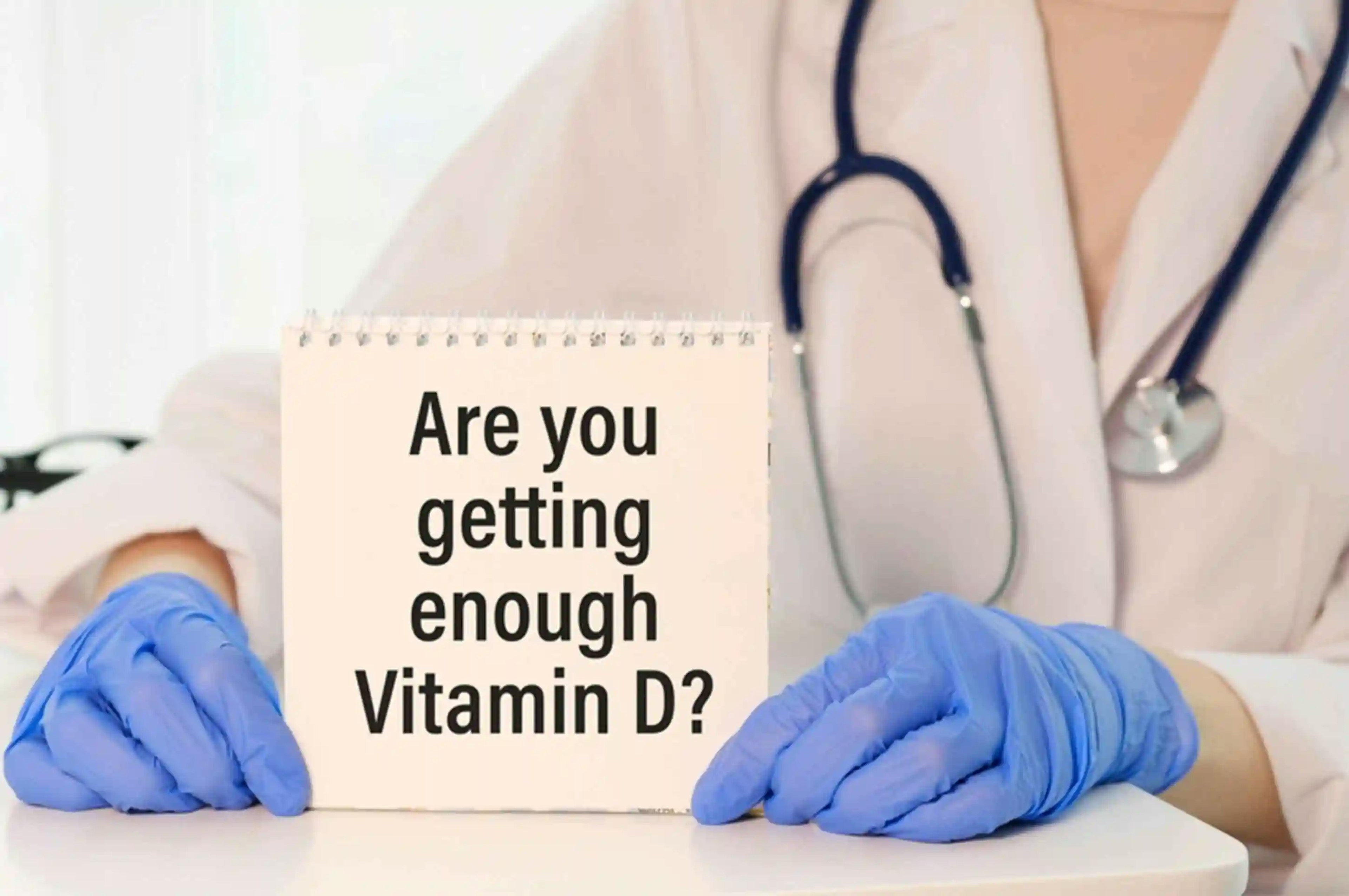
It is been noticed that people with Vitamin D deficiency experience hair loss in men and women both. Vitamin D is one the most important hormones/nutrient we can put into our bodies. Whether we get it from sun exposure or through food and dietary supplements, vitamin D plays a vital role in keeping our bones, teeth, and muscles in relevant shape. But did you know that vitamin D deficiency can cause Hair loss ? vitamin d isn’t actually a nutrient in the same way as vitamin A, b12, or c. Actually, it’s a hormone. In your body, vitamin D is metabolized in skin cells called keratinocytes. Keratinocytes are absolutely vital in skin repair, muscle growth, and the health of hair follicles. Your hair is made of a protein called Keratin which is made by Keratinocytes. Keratinocyte cells are also found right at the top of your dermic layer, right where your hair follicles are. So, with enough vitamin D in your Diet and lifestyle to keep your hair follicles healthy, it yields beautiful hair strands. When your body doesn’t have enough vitamin D, your keratinocytes seem to struggle to regulate your natural hair cycle, reducing hair growth and increasing hair shedding. With lower vitamin D levels, the anagen phase of your hair cycle seems to shorten and your telogen phase seems to lengthen. Not to mention, your dermic layer is weakened, making your hair more likely to fall out. Vitamin D Deficiency tends to affect people between the ages of 18-45 more than any other age group. Although it is not uncommon for vitamin-related hair loss to occur in other age groups, younger adults seem to be most vulnerable. Definitely consider a vitamin D supplement if you live a sedentary lifestyle, spend most of your time indoors, and tend to avoid sunlight for fear of getting tanned. Vitamin D is a fat-soluble vitamin that performs a vital role in keeping our bodies in relevant shape. One of the reasons we may have healthy hair is by simply getting enough vitamin D into our diet and lifestyle. It is quite easy to intake Vitamin D, coming in a range of different forms. From eating foods like fatty fish, cod-liver oil, and dairy, to ingesting vitamin D supplements, to getting enough sun exposure, there’s plenty you can do to get enough vitamin D into your bodies.
When a person has a vitamin D deficiency, this can (in some cases) cause hair loss, even with a healthy scalp. Insufficient vitamin D can also have a number of more serious implications than hair loss. Unlike male pattern baldness or alopecia areata, vitamin-related hair loss is entirely treatable through a range of methods. With vitamin D, new hair follicles are able to form, meaning you do not need a hair transplant. You can begin to restore Hair growth immediately, with a full recovery time usually taking between 6 and 8 months for those with long hair. For those with shorter hair, new hair growth can begin to look thicker and fuller within 2-4 weeks.



